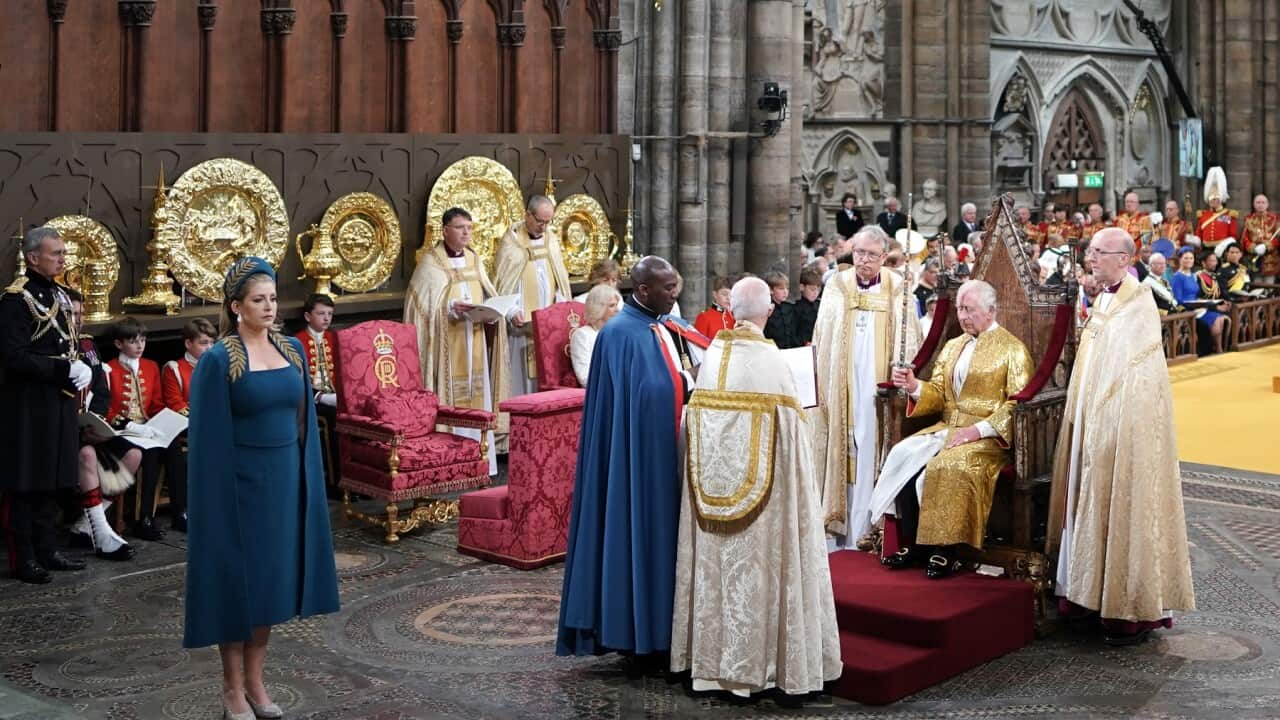The first reunions in years of families divided by the Korean War evoke bittersweet memories for Kim Jong-gyu, whose few hours with her brother in 2014 - under the watchful eyes of the North's agents -were probably their last ever together.
"I felt so lucky and so happy to see that my brother was alive," said the 83-year-old.
"But seeing him for only a few hours after being separated for several decades was really harsh," she told AFP. "It was way too short, and too heartbreaking."
Kim is one of the dwindling number of people left whose families were torn apart during the 1950-53 conflict, which sealed the division of the Korean peninsula. Most have died without ever seeing their loved ones again.
Since 2000, the two Koreas - between which all civilian communication is banned - have held 20 rounds of family reunions, largely when their volatile relations have eased.
The latest meetings are the first in three years, a period during which the nuclear-armed North has carried out three atomic tests and scores of ballistic missile launches.
The South's President Moon Jae-in and the North's leader Kim Jong Un agreed to resume the gatherings at their first landmark summit in April, held in the Demilitarized Zone that runs across the peninsula.
The reunions will see a total of 181 Southerners cross the frontier for three-day visits to meet their relatives at the North's scenic Mount Kumgang resort, with one group going on Monday and a second following on Friday.
Participants are chosen by lottery - after which checks are carried out to ensure their relatives are still alive - and are seen as extremely lucky.
But the short, highly-choreographed events meant to help assuage wounds that have burned for more than a half century barely allow them the chance to try.
Each time, the Southerners and Northerners are confined to two different hotels and allowed to see each other only over two meals and a separate two-hour session, limiting their overall reunion to a total of only about six hours.
The years have often taken their toll and some find it hard to mend the decades apart, clinging to senile or almost-deaf parents or siblings, tearfully shouting "Don't you remember me? It's me!" before bitterly giving up attempts to communicate.
At Kim's reunion in 2014, some Northerners were seen bellowing speeches extolling the "Great General" and a Southerner sang the praises of Lord Jesus to their relations from the other side, who looked visibly uncomfortable.
Another was traumatised by the sight of her emaciated family members.




